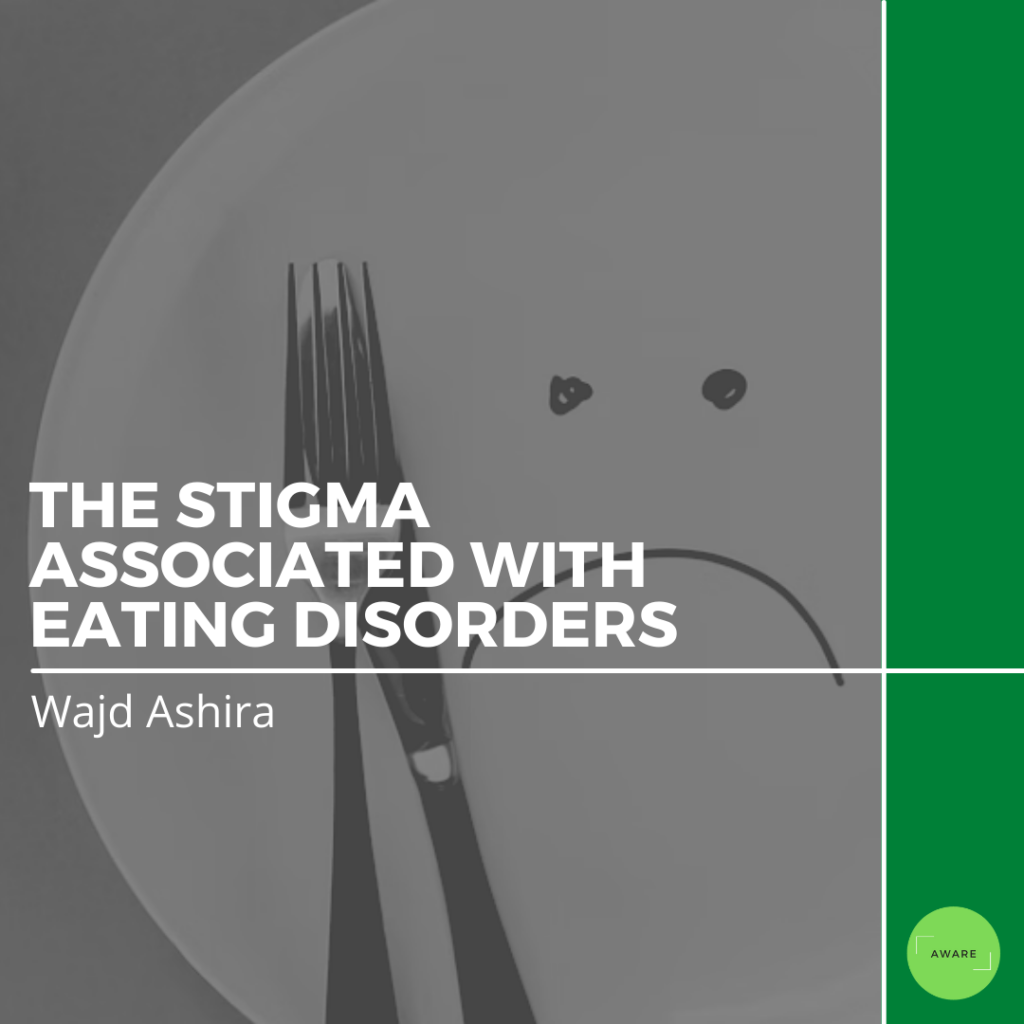“Just stop eating” or “just eat” are two of the many derogatory phrases that people with eating disorders have constantly been told, which extremely undermines their condition. Due to the ignorance and misunderstanding of eating disorders, many people think that eating disorders are minor and simple conditions that can be “treated” by just maintaining a healthy diet, something that is far easier said than done for many. However, an eating disorder is a literal mental illness that involves a persistent obstruction to eating habits – severely affecting psychological, physical, and social wellbeing. Not to mention that eating disorders are caused by socio-biological influences, meaning that both the genes and the environmental stresses a person experiences play a role in developing an eating disorder. As previously mentioned, people are not knowledgeable about what eating disorders are and their severity, which leads to the deep stigmatization of eating disorders.
The Impacts of the Stigma
The stigma associated with eating disorders would compel individuals with any type of eating disorder to self-stigmatize. Thus, the person would internalize hostility and hatred towards their own eating disorder, further lowering their self-esteem and self-worth. Self-stigmatization would render the person not willing to seek professional help for their disorder since it would be considered “shameful” to do so. In fact, a study found that 70% of people with eating disorders believe that they are “personally responsible for their condition”, hence the extreme prevalence of self-stigma. Also, the stigma would make people constantly blame the person with the disorder, accusing them of not being cautious enough about their health or being very careless about their body. Furthermore, the stigma can create conflicts and communication problems within a family. If the family members do not understand the eating disorder their loved one is diagnosed with, that builds a wall between them, which sparks major problems and potential judgmental comments. Bullying, harassment, and mockery are obvious by-products of the stigma as a teenager with an eating disorder can be mocked by others.
What the Stigma Singles Out
The fact that someone may have an eating disorder may not always be noticeable, so whether a person is “skinny” or “fat”, it does not imply much about how healthy they are. Someone that constantly goes to the gym to work out and has the stereotypical “attractive” body may be struggling with an eating disorder in silence, which shows how the stigma targets certain demographics. Overexercising can be a huge aspect of an eating disorder. However, the stigma chooses to glorify it since it pushes people to attain a the conventionally attractive body. The stigma disguises eating disorders as a “way of losing weight” to match the very unrealistic Eurocentric beauty standards of being skinny, completely disregarding how critical an eating disorder is as a condition. Overall, the stigma singles out skinny people since they are “healthy” and hides under a horrendous guise.
Ways to Eradicate the Stigma
Raising awareness on this topic is a very cliché way to reduce the stigma which may not suffice. Hence, it is a requisite for eating disorders to be entrenched in the school curriculum. That would lead to an open discussion on the topic and the acceptance of vulnerability from the students themselves. Complex conditions like eating disorders need to be discussed within teenagers as eating disorders are mostly present amongst them. Also, that would help students get in touch with their eating habits and to be aware of any unhealthy habits that they or their friends might exhibit. Additionally, making nutritionists more accessible to everyone regardless of their wealthiness would heavily help ameliorate the stigma.
